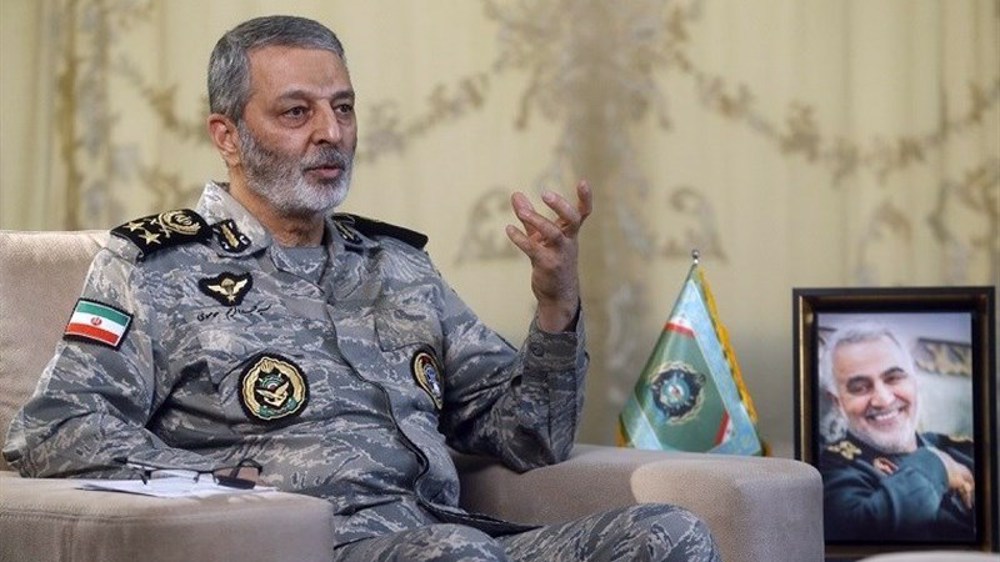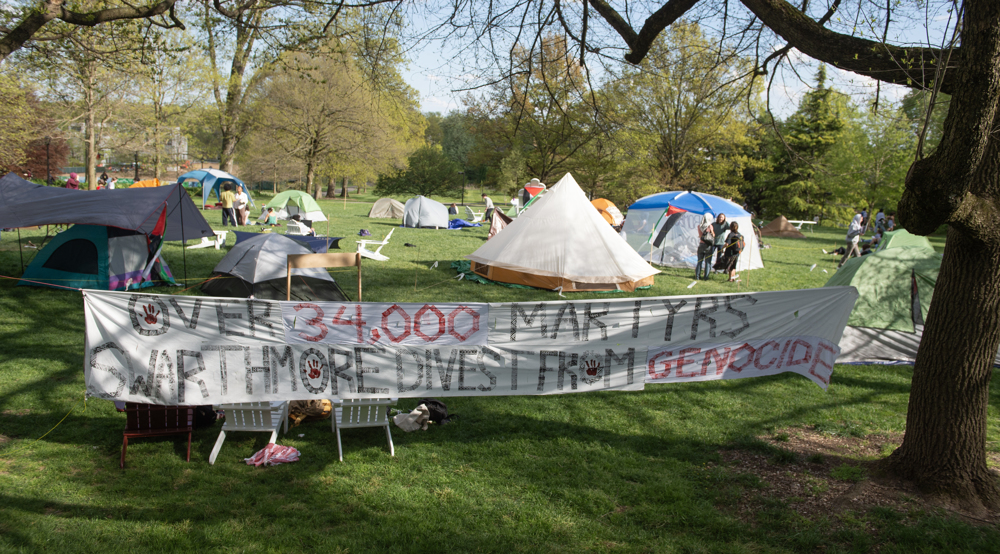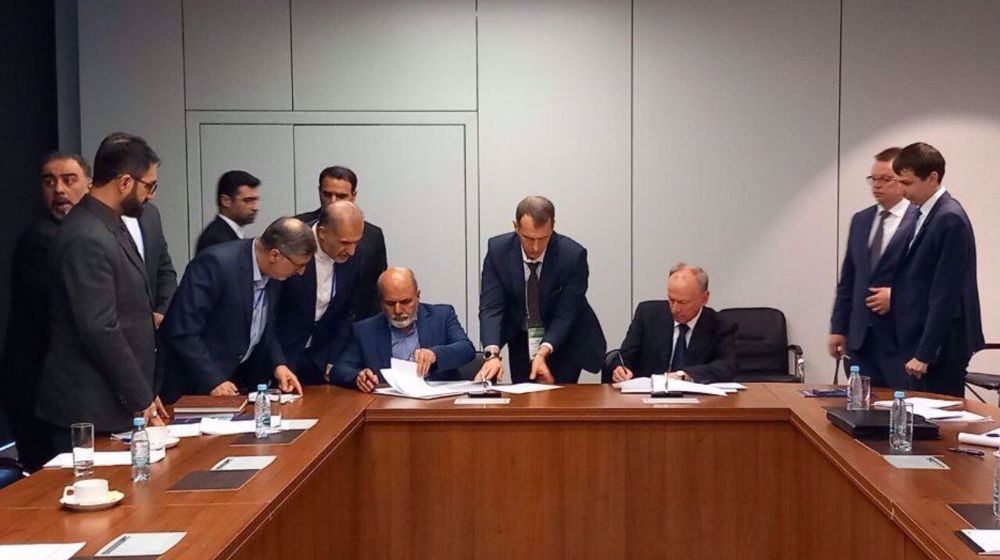Iran urges Yemen truce extension, UN action
Iran’s Foreign Ministers Mohamad Javad Zarif has called for the extension of a truce in Yemen, slamming the United Nations for failing to fulfill its duties in the impoverished Arab country.
Zarif made the remarks in a press conference with visiting Hungarian Foreign Minister Peter Szijjarto in the Iranian capital, Tehran, on Monday.
“We call on the United Nations, first of all to use every possibility that it has ... in order to extend the ceasefire” in Yemen.
The five-day humanitarian ceasefire went into effect on May 12 and ended on Sunday at 2000 GMT.
“The international community, particularly the security council, has failed miserably in performing its responsibilities under international law and under the charter of the United Nations to first of all condemn this very brutal act of aggression against civilian population in Yemen,” zarif said.
He expressed sorrow over the continuation of the Saudi airstrikes in Yemen, saying it is “regrettable that the Saudi aggression is going on."
He added, “Unfortunately, the targets in most areas have been civilians.”
Zarif also called on the United Nations to ease the process of delivering humanitarian aid to the Yemeni people.
"It is also regrettable that humanitarian assistance has failed to reach the people in Yemen," he added.
“The United Nations itself needs to establish protected areas in Yemen for humanitarian access,” Zarif demanded.
“People of Yemen continue to suffer and it is high time for everybody particularly the United Nations to take the lead in establishing areas that are open to the international humanitarian assistance,” he said.
He further urged the international community to step up efforts to end the crisis in Yemen, adding that a “political solution” is the only solution to resolve the ongoing conflict.
Saudi Arabia launched its military aggression against Yemen on March 26 - without a UN mandate - in a bid to undermine the Houthi Ansarullah movement, which currently controls the capital, Sana’a, and other major provinces, and to restore power to Yemen’s fugitive former President Abd Rabbuh Mansour Hadi, who is a staunch ally of Riyadh.
UN Humanitarian Coordinator for Yemen Johannes Van der Klaauw said on Friday that over 1,600 people have been killed and more than 6,200 injured in Yemen since the conflict started there in late March.
He added that some 450,000 people have been displaced as a result of the ongoing violence.
The Iranian foreign minister further stressed that Tehran and Budapest have common ground for fighting terrorism in the region.
He added that the two countries “believe in the peaceful and political resolution of conflicts in the region.”
The Hungarian foreign minister, for his part, stressed Iran’s role in uprooting terrorism in the region, saying, “There are very unfavorable and concerning developments going on in the Middle East region like” the threats of the ISIL Takfiri group.
The developments in the region “give us huge concern in Europe,” he added.
The destabilization of the Middle East has a “negative impact” on the lives of Europeans, Szijjarto stressed.
“It is obvious that without pragmatic cooperation with Iran it is very very complicated to resolve the unsolved conflicts in the Middle East region,” he highlighted.
The two foreign ministers also stressed the improvement and expansion of cooperation between Iran and Hungary in the economic, agricultural, pharmaceutical and cultural fields.
IA/NN/HRB
Gaza faces imminent famine as people starving to death: UN warns
North Korea to stand up to sanctions, bolster military power: Official
Hezbollah says 2,000 Israeli forces killed, injured in operations since Gaza war began
War of wills: Iran army chief vows crushing response to any aggression
April 24: ‘Axis of Resistance’ operations against Israeli occupation
Tabas sand defeats US military
'US secretly sent long-range ATACMS missiles to Ukraine in recent weeks'
Iran: Awakened world public opinion determined to stop Israel war crimes










 This makes it easy to access the Press TV website
This makes it easy to access the Press TV website